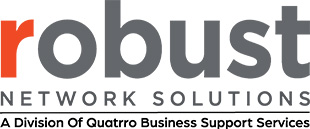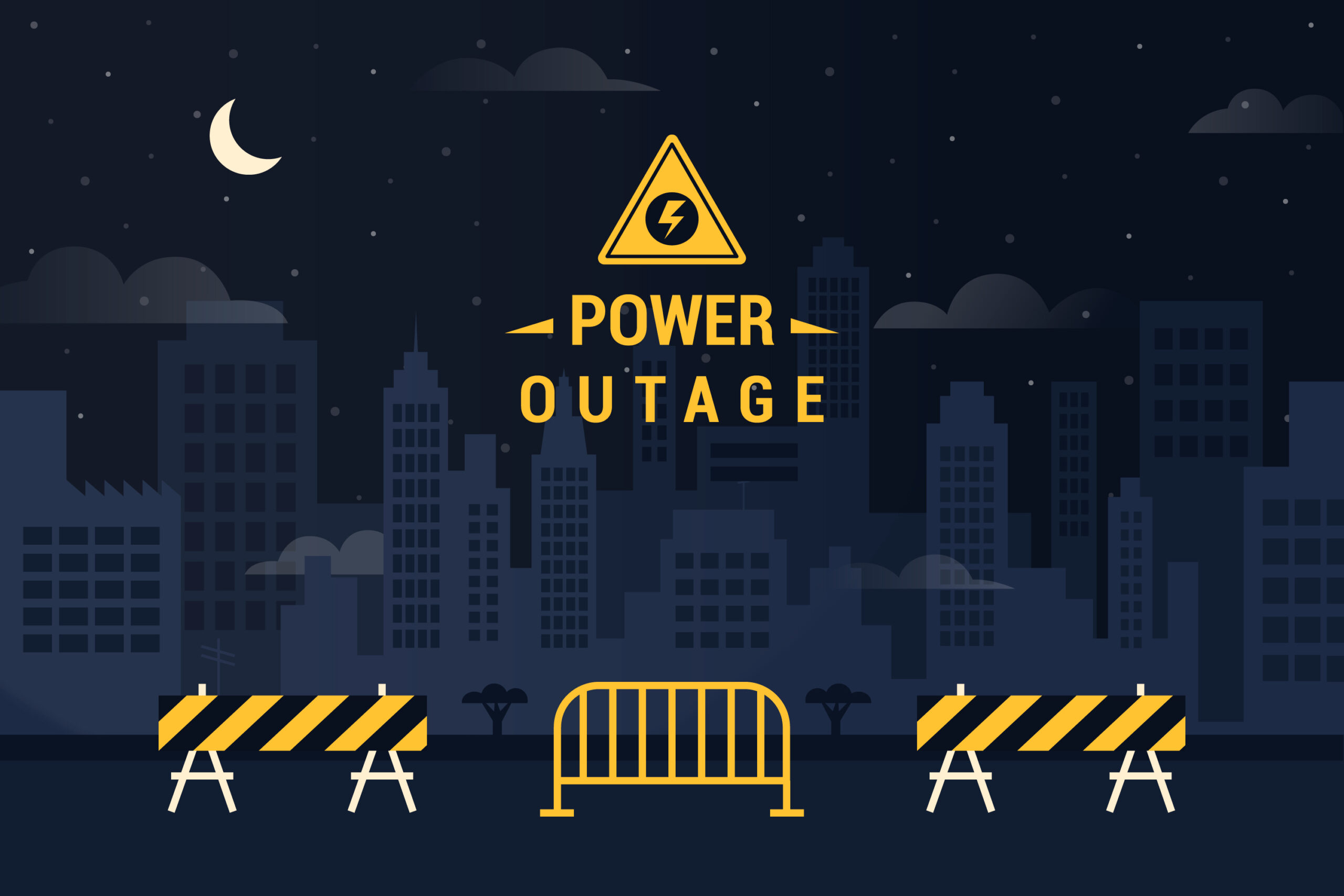It’s crucial to have a solid business continuity and disaster recovery plan, especially considering the volatile weather, the freak storms, and, of course, the arrival of fire and power outage season in California. Making such a plan enables businesses dealing with a natural disaster to have an organized course of action. Having clearly established contingencies can help managers and staff members survive a crisis. Are you prepared for California’s fire and outage season? Here’s a brief breakdown of the steps you can take to put you in the best position possible — ensuring business continuity regardless of what nature throws at you.
Why Are Fire and Power Outages a Problem During California Summers?
A combination of extreme heat and dry conditions is to blame for the conditions that cause power outages and fires in California and other states in the West. Even though a wildfire can be sparked by different causes — such as lightning, a campfire, or a tossed cigarette — it’s the extremely dry brush, trees, and underbrush that provide the fuel. After months of drying during the spring months, much of the California landscape turns to tinder.
Heat is also the culprit for Cali’s power outages, which are a result of issues in the electrical grid. When individuals, families, and businesses all have to run air conditioning, refrigeration, and other high-demand activities, the electrical grid can’t always keep up.
Does Solar Power Help?
Yes, solar power is a huge help, especially thanks to California’s abundant sunny skies. But when the sun goes down, so does on-demand solar energy, and the portion stored in batteries can’t make up for the difference. That’s why some of the worst power outages happen in the early evening — when it’s still hot, but the sun has set, so there’s not enough solar power to support the high demand.
How Do Fire and Power Outages Impact Business Continuity?
During a fire, people often have to leave their place of business to escape harm, and air conditions can be sullied by smoke and soot, making it hard to breathe. In addition, if a business has to close for the day — perhaps because it’s safer to have employees work from home — there may be limited access to on-premise networks and their assets.
Also, during a power outage, the area where your business operates may be without power for several hours at a time. This can prevent employees from using the computers and network solutions needed to perform their jobs.
The combination of these and other factors can bring business to a halt. This is where a business continuity plan comes into play. What is business continuity, and how can you develop a plan to support maximum uptime?
Are You Prepared With a Business Continuity Plan?
Plans for business continuity give a company the ability to continue offering crucial goods, services, and customer support during times of crisis. For the short-term survival of the business, consumer safety, or compliance with legal requirements, a continuity strategy may be essential. Business continuity plans, which are a subset of disaster recovery plans, frequently prioritize recovering IT assets so operations can continue with minimal interruption.
What Is Business Continuity?
Specifically, business continuity refers to the plans and preparations that guarantee the availability of necessary goods and services, enabling an organization to retrieve its property, data, and assets. It also serves as a way to pinpoint the personnel, tools, information, infrastructure, advice, and accommodations needed to ensure a business continues to run regardless of fires, outages, or other disasters.
How to Attain Business Continuity with Robust Network Solutions
Robust understands that business continuity depends on a combination of company policy and technological infrastructure. The latter must be designed with network redundancy in mind to reduce typical causes of interruption that might result in downtime.
Robust provides you with both a full continuity plan and the technical tools needed to attain resiliency, such as fully integrated cloud services. Depending on your needs, this may include:
- Automatic file and data replication to a backup or cloud data center
- Spare equipment
- Dual internet connections
These and other technical resources support the core operational systems associated with your network. This helps ensure that you can enable employees to connect remotely when they have to work from home, as well as access the key systems they need to do their jobs. In addition, by setting up a data backup and disaster recovery systems, you can slash downtime for customers who have to make purchases, use your website, or interact with your applications.
Robust Network Solutions can also help you craft an administrative disaster recovery plan. In this way, even if a fire or outage suddenly interrupts operations, you have the people, technology, and procedures in place to get things back up and running as quickly as possible.
To learn more about how Robust can help you stay a step ahead of fire and power outages, reach out today.

